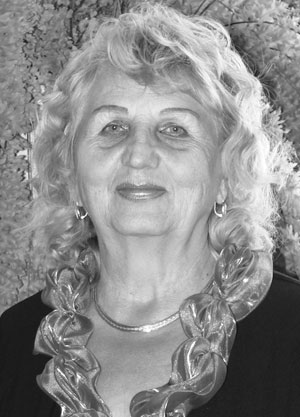Change in adaptive mechanisms within environmental deterioration
Фотографии:
ˑ:
Change in adaptive mechanisms within environmental deterioration
A.V. Nazarenko, associate professor, Ph.D. Ulyanovsk state pedagogical university named after I.N. Ul'yanov, Ulyanovsk
Key words: professional training, future teachers, environment, ecological consciousness, sports and recreational activity, technique.
As industrial construction gathers pace all over the world the great number of various products are being withdrawn from natural environment. Technical inability of many enterprises of recycling all of it has caused the unprecedented pollution of the environment with destructive consequences, uncomparable with the rates of developemnt of new technologies. The irrationally organized relations with nature resulted in the disorder of the balance of the substance-energy cycle, provoking the signs of natural degradation shown mainly in the decline of the reserves of fresh water, oxygen, agricultural lnads, forest etc, that awithin the feedback neagtively influences human body.
The purpose of the research was to reveal effective methods of impact on human ecological thinking for his self-perception as a part of nature and determine experimenally effectiveness of these methods.
Proceeding from the received data on the lack of information of various population groups on the contemporary state of the environment. many people think that these or those crisis phenomena are the result of incomplete work of single administrators or production collectives and that eventually all these negative phenomena will be eliminated. People fail to correlate their health indices and the state of nature and do not think of their personal role in correcting set situation proving the necessity of immediate solution of the problem of ecological education of people to be aware of their need for participating in improvement of the state of environment as a condition of improvement of the quality of their life.
Bibliography
1. Balsevich, V.K. Natural and social resources of human motor potential // V.K. Balsevich. – Мoscow: RSUPCSYT, 2012. – 35 P. – (Selected University lectures). (In Russian)
2. Belyaev, V.S. Health, ecology, sport /V.S. Belyaev. – Мoscow: Sovetsky sport, 1995. – 171 P. (In Russian)
3. Bernshteyn, N.A. Essays on motor and activity physiology / N.A. Bernshteyn. – Мoscow: Meditisina. – 1966. – 166 P. (In Russian)
4. Lukinykh, M.I. Ecological problems in the system of criteria of nature conservation /M.I. Lukinykh. – Kazan: Kazanskiy Izdatel'skiy dom, 2012. – P. 97–99. (In Russian)
5. Paputkova, G.A. Conceptual moderl of competence-focused vocational ecological education of university students /G.A. Paputkova // Scientific-practical international journal: «Gumanizatsiya obrazovaniya». – 2008. – № 1. – P. 76–81. (In Russian)



 Журнал "THEORY AND PRACTICE
Журнал "THEORY AND PRACTICE